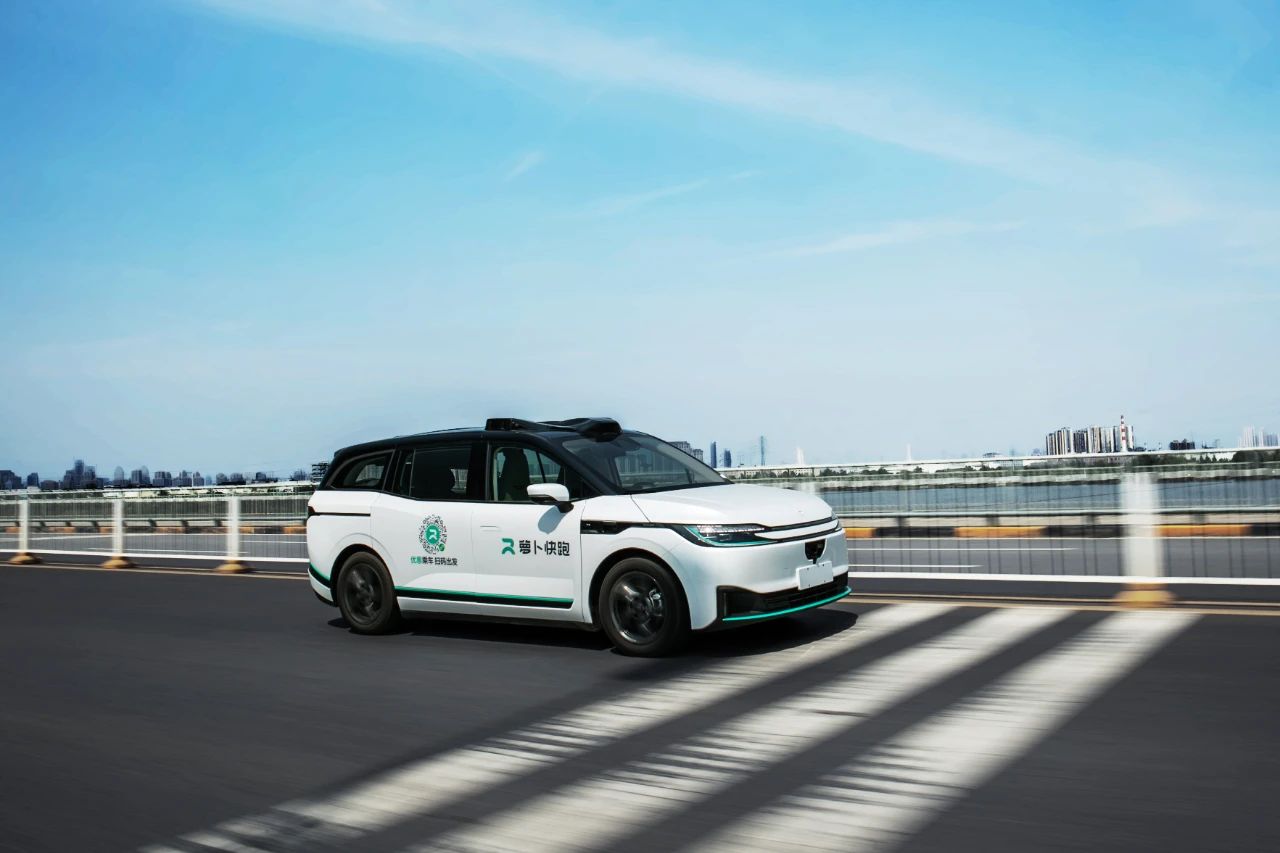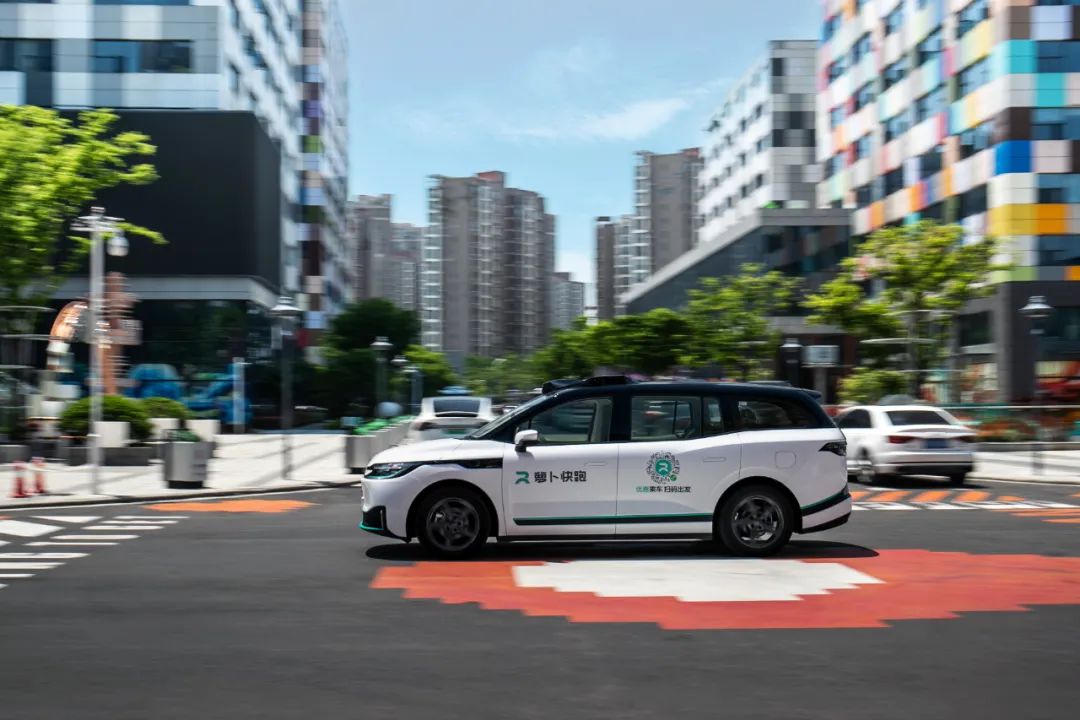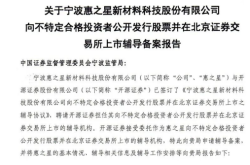Robotaxi Market Ignites: Baidu Valued at $79.6 Billion, with Luobo Kuaipao Playing a Pivotal Role
![]() 07/04 2025
07/04 2025
![]() 654
654

Recently, overseas research institutions have forecast that the valuation of the driverless company Waymo will reach $75 billion by next year, prompting a reassessment of the Robotaxi (driverless taxi) industry's worth. JPMorgan Chase recently issued a research report revaluing Baidu's cloud and driverless businesses, awarding Baidu a total valuation of $79.6 billion. Some analysts suggest that Baidu's driverless platform, Luobo Kuaipao, alone could be valued at approximately $40 billion.
Revisiting the evolution of driverless technology, 2016 stands out as a pivotal year. That's when Google spun off its autonomous driving business to form Waymo, the flagship of Google's autonomous driving projects, with a direct focus on Robotaxi commercialization. Currently, Waymo operates around 700 Robotaxis in Phoenix, Los Angeles, San Francisco, and other U.S. cities, offering fully autonomous commercial services.
Tesla, another major player in the overseas market, encountered numerous delays and setbacks in its quest to advance its Robotaxi services but ultimately launched a pilot program in Austin, Texas, on June 22 this year.
Shifting focus to China, players in the driverless field are also making swift progress. Notably, Baidu's autonomous driving travel service platform, Luobo Kuaipao, is expanding globally at an astonishing pace. For instance, in March this year, Luobo Kuaipao announced its entry into Dubai and Abu Dhabi, deploying 1,000 driverless vehicles simultaneously. Luobo Kuaipao's pioneering presence in these regions forms a comprehensive technology verification chain, leveraging diverse driving scenarios—from Dubai's extreme desert and high-temperature environments to Turkey's mixed traffic conditions amid rapid urbanization—to provide abundant training data for technological iteration, which in turn enhances its global market applications.
Beyond Middle Eastern cities like Dubai, Baidu is actively exploring the expansion of its "Luobo Kuaipao" business into Switzerland and Turkey, accelerating its overseas footprint. It is reported that Baidu is already planning to establish an entity in Switzerland as a strategic hub for its driverless business to penetrate the European market.
Taking Turkey as an example, as a crossroads between Europe, Asia, and Africa, Turkey boasts a large population base, complex urban road networks, and a multicultural backdrop. Luobo Kuaipao's presence in Turkey offers vast potential for future expansion into European and African markets.
Currently, Luobo Kuaipao has served over 11 million trips globally, with its order volume surging 75% year-on-year in the first quarter of 2025.

The rapid deployment and development of these Robotaxi enterprises have garnered significant attention in the capital market. Bank of America released a report stating that autonomous vehicles are on the cusp of a "ChatGPT moment," heralding a trillion-dollar market. The report listed more than 20 companies, including Baidu, as potential beneficiaries. In this context, Baidu's share price appears to be severely undervalued.
As mentioned earlier, Baidu has been revalued, with its Robotaxi business accounting for over 50% of its total valuation. This is undoubtedly good news, as the declining costs of hardware and the efficiency gains from expanding operations have paved a clear path to profitability for Luobo Kuaipao, positioning it as a key driver of Baidu's long-term growth.
It is noteworthy that in terms of cost control, the sixth-generation Luobo Kuaipao vehicle costs 204,600 yuan, which is 30% lower than Tesla's and only 1/7 of Waymo's operating costs.
Currently, the Robotaxi field has evolved into a three-way competition: Waymo focuses on deep algorithmic breakthroughs; Tesla fortifies its position with an integrated hardware and software ecosystem; and Baidu accelerates its market penetration through the trinity of "safety + cost advantage + landing experience".
This competitive landscape prompted Cathie Wood, often dubbed the "female Warren Buffett," to predict that Waymo, Baidu, and Tesla will be the three Robotaxi companies capable of achieving large-scale commercialization within the next decade. Perhaps optimistic about Luobo Kuaipao's potential, Cathie Wood has backed her conviction with real investments. Since the beginning of this year, she has consecutively increased her holdings in Baidu seven times, doubling her stake within three months. Additionally, Bridgewater Associates multiplied its Baidu shareholdings by more than tenfold in the first quarter of this year, while Fidelity Investments also increased its holdings by nearly tenfold.
These actions by renowned investment institutions undoubtedly signify a high level of recognition for Baidu's development prospects in the autonomous driving sector.



